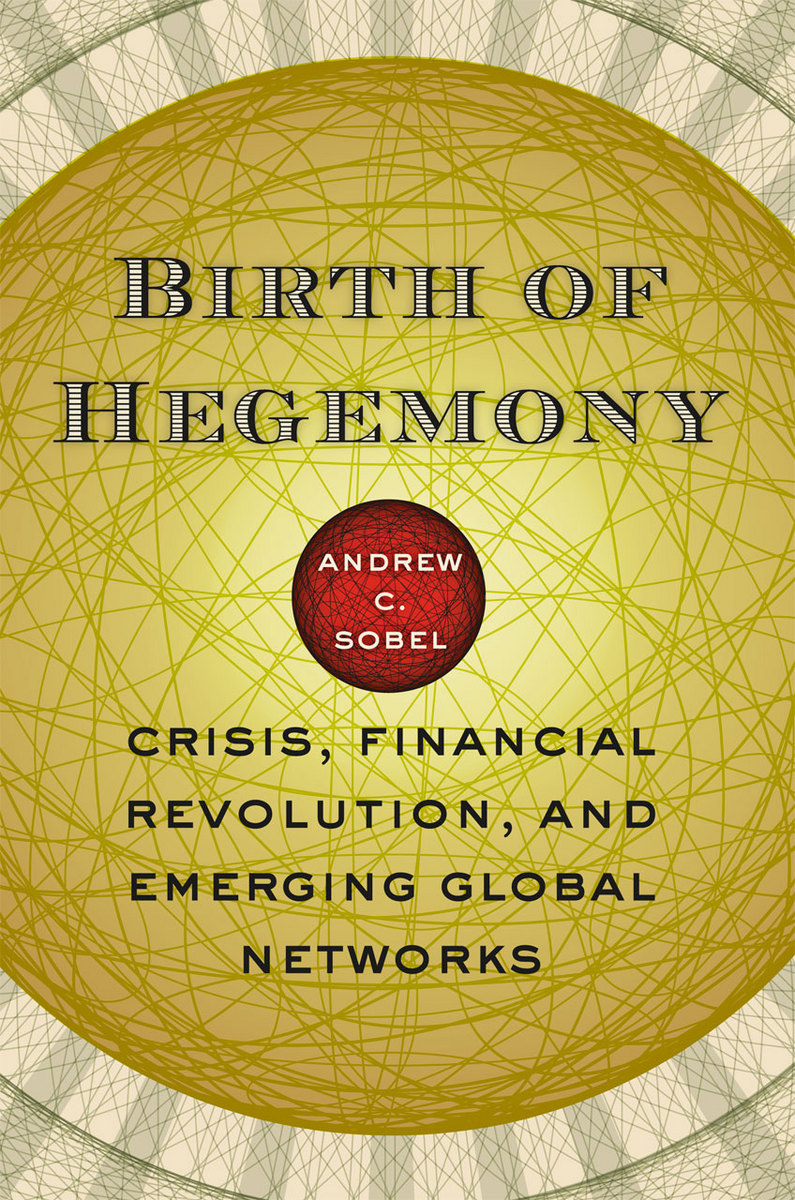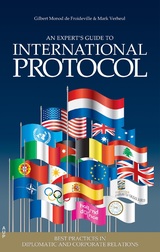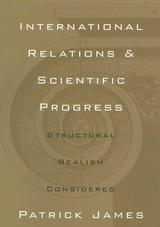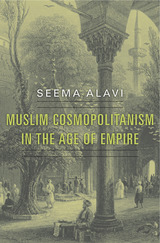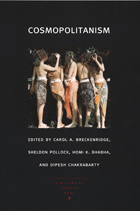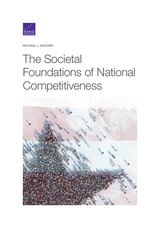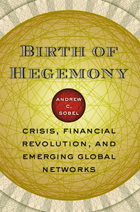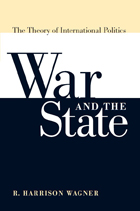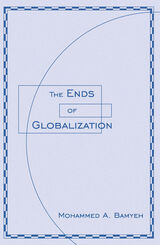Birth of Hegemony: Crisis, Financial Revolution, and Emerging Global Networks
University of Chicago Press, 2012
Paper: 978-0-226-76760-4 | Cloth: 978-0-226-76759-8 | eISBN: 978-0-226-76761-1
Library of Congress Classification JZ1312.S63 2012
Dewey Decimal Classification 327.101
Paper: 978-0-226-76760-4 | Cloth: 978-0-226-76759-8 | eISBN: 978-0-226-76761-1
Library of Congress Classification JZ1312.S63 2012
Dewey Decimal Classification 327.101
ABOUT THIS BOOK | AUTHOR BIOGRAPHY | REVIEWS | TOC | REQUEST ACCESSIBLE FILE
ABOUT THIS BOOK
With American leadership facing increased competition from China and India, the question of how hegemons emerge—and are able to create conditions for lasting stability—is of utmost importance in international relations. The generally accepted wisdom is that liberal superpowers, with economies based on capitalist principles, are best able to develop systems conducive to the health of the global economy.
In Birth of Hegemony, Andrew C. Sobel draws attention to the critical role played by finance in the emergence of these liberal hegemons. He argues that a hegemon must have both the capacity and the willingness to bear a disproportionate share of the cost of providing key collective goods that are the basis of international cooperation and exchange. Through this, the hegemon helps maintain stability and limits the risk to productive international interactions. However, prudent planning can account for only part of a hegemon’s ability to provide public goods, while some of the necessary conditions must be developed simply through the processes of economic growth and political development. Sobel supports these claims by examining the economic trajectories that led to the successive leadership of the Netherlands, Britain, and the United States.
Stability in international affairs has long been a topic of great interest to our understanding of global politics, and Sobel’s nuanced and theoretically sophisticated account sets the stage for a consideration of recent developments affecting the United States.
See other books on: Birth | Crisis | Economics & Trade | Hegemony | International relations
See other titles from University of Chicago Press
